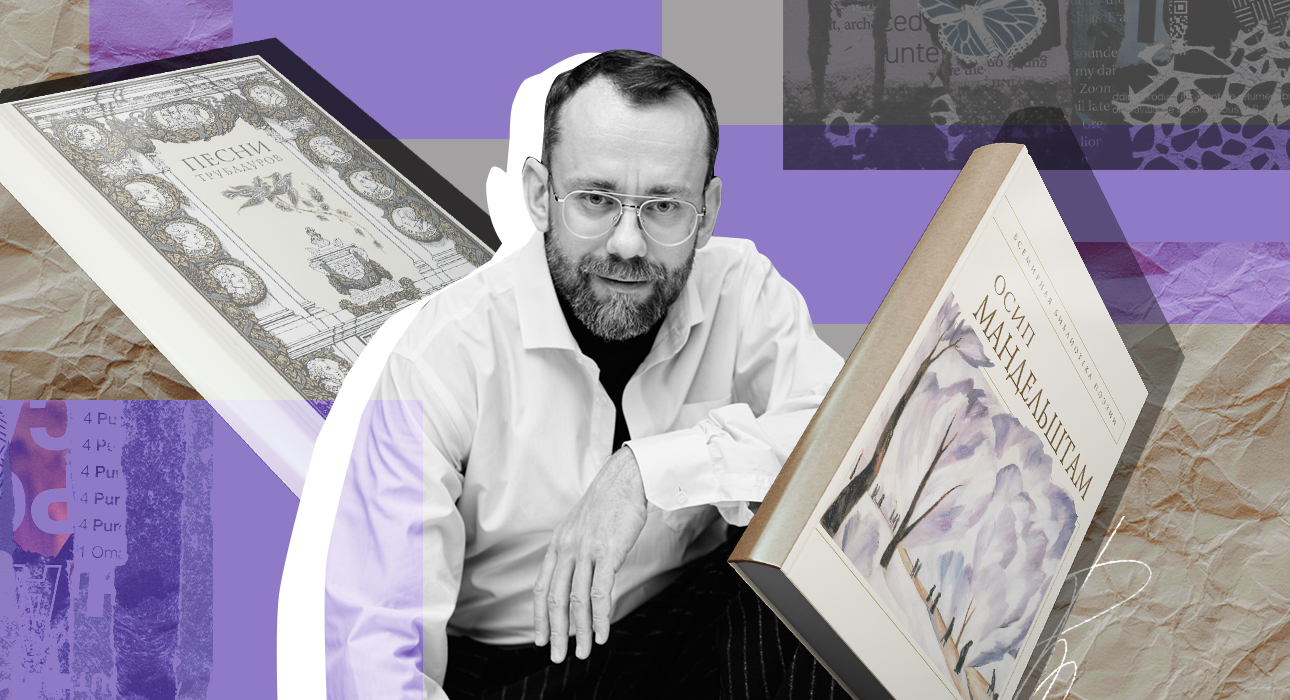Questions about what to watch or what to read can be asked, it seems, endlessly and more than once – after all, any good work, be it a book, movie or TV series, unfortunately, sooner or later ends and leaves. Its audience or reader is in the throes of new searches. But there is some good news, too.
To make your task easier, every week we ask our columnist Konstantin Obraztsov, the writer, author of “Red Chains”, “Hammer of the Witches” and other books, as well as the creator of the “Sample Reading” show on YouTube. (in the past National Internet Content Awards – in 2024 the project won, by the way, in the category “Art of Enlightenment”) and the “Obraztsov” channel in Telegram – to share the diamonds of the best collection of literature and series in the world.
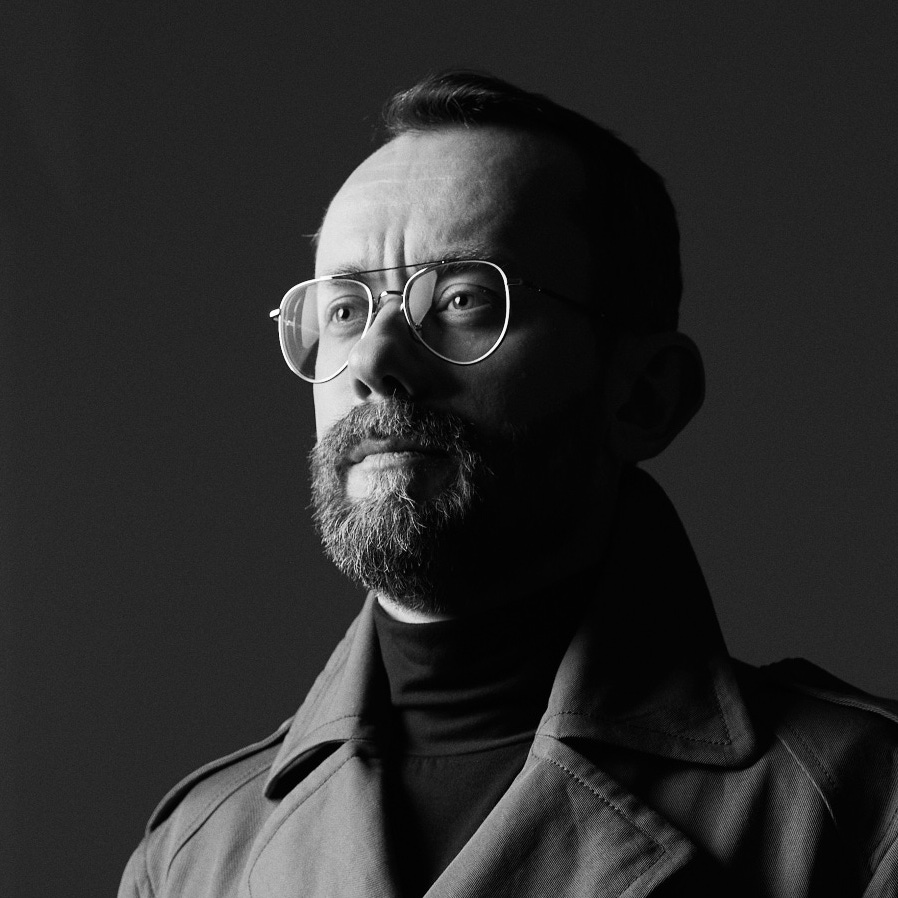
Konstantin Obraztsov
On the agenda today is lyric poetry dating from the 11th century to the 21st century.
Almost no one reads poetry today.
Poetic fragments in stories, quotes in meme images, poems in Telegram channels among news and work chats – even if you get addicted, even if you repost them – this is not the same as actually reading poetry, delving into images, rhymes and rhymes. lines.
Poetry suffered a crushing defeat to action-packed prose and nonfiction on psychology and personal growth. Ask yourself, when was the last time you bought a book of poetry? If you are not a schoolboy, a student, or a mother of a schoolchild or student, then most likely it has been a very long time.
This is especially strange today: only emotional intelligence, empathy, the ability to sympathize and empathize, the same psychology is talked about, but a whole genre of literature, the essence of which is precisely in the expression of emotions, remains in the reader’s oblivion.
Lyrics speak to us with words and images that appeal to our senses, and there’s no better way to cultivate these than through poetry. You can try for a long time – and, as a rule, unsuccessfully – to decompose love, pain, pleasure or painfully sweet melancholy into rational components, but poetry will help you understand all this intuitively, emotionally, better than books and public pages on psychology. .
In today’s selection, there are many non-famous poets, from the Middle Ages to the present day, whose lines will hit you from the heart.
“Songs of the Bards”
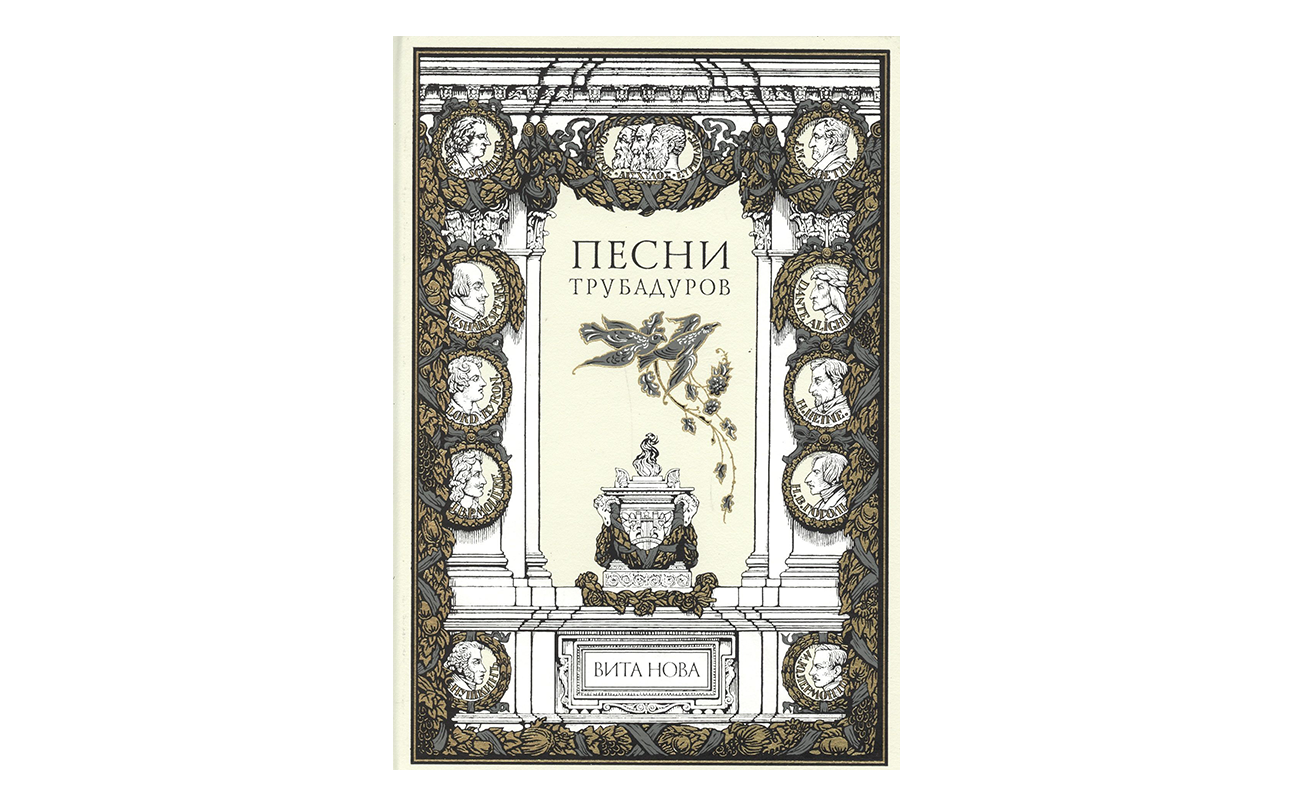
No, this is not a collection of lyrics from the cartoon “The Bremen Town Musicians”, it is the word itself.Poet“It has nothing to do with pipes. It comes from the Provençal trobar, means to create or create. Bards from French Provence in the 11th and 12th centuries were the first creators of European lyric poetry, whose theme was not military campaigns or religious subjects, but human experiences and, above all, of course, love.
The poetry of the bards developed within the courtly culture, that is, the court, whose values were beauty, etiquette, education and art. This culture was created by women, noble ladies, wives of castle owners and city rulers: Maria of Champagne, Alienora of Aquitaine, Aelis of Blois – you can fall in love with the names alone!
That’s exactly what happened, and the first bards were knights who expressed their love with poetic verses, as befits beautiful ladies. Since the ladies were married to influential, rich and quite cruel people, falling in love with them was a hopeless situation, and this gave pleasant and slightly sad notes in the poets’ poems.
It must be said that beautiful ladies also write poems no worse than their fans. Forget the stereotypes about oppressed and disenfranchised women of the Middle Ages: the names of twenty female bards who freely expressed their feelings almost a thousand years ago are known. His poems still resonate today:
I need to hide what I want to sing about
I need to sing but I don’t want to sing.
And I love it and I don’t care
To his evil.
Mentally I just fly to her
To know:
He does not love me,
He doesn’t keep silent to my mercy
No honor, no intelligence.
And it ruins…
(Translation by S. Astrikova)
The author of these lines is Countess Beatrice de Dia. She was married to the Count of Viennois and dedicated touching poems to her secret lover, who was also a bard and who in turn wrote for Beatrice.
It can be said that the Countess de Dia initiated the correspondence with the help of allusions and verses in the Stories, but she did this with pen, ink and parchment.
François Villon
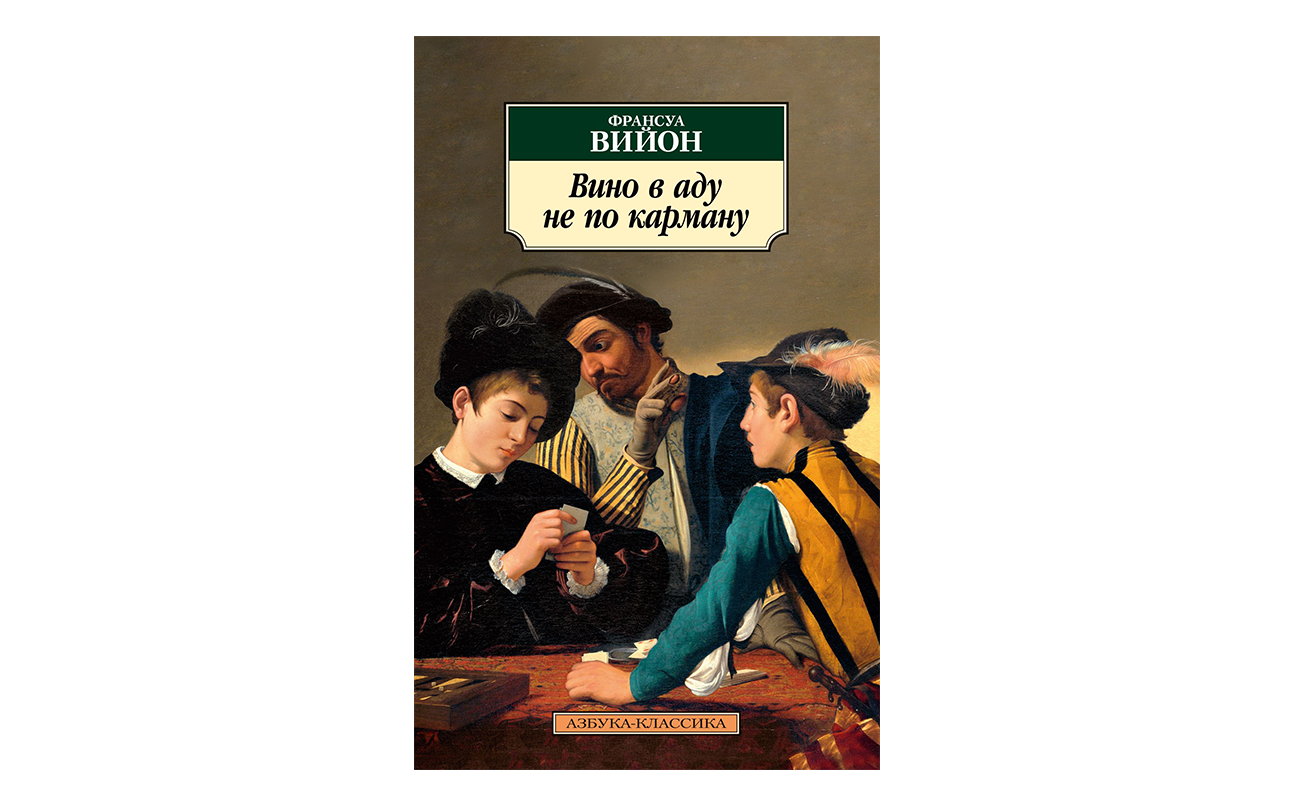
“Crook, pimp, tramp, genius“- this is how this incredible poet of the 15th century called himself, and in a word he did not sin against the truth.
While the words “Renaissance man” mean a jack of all trades, well-versed in many fields of knowledge, the real Renaissance man was François Villon: a brilliant rebel, freedom-loving, destroyer of authority, a rock and roller and gangster rapper of his time.
Villon graduated from university, received a master’s degree in theology, but chose a career in the lower slums of Paris, five hundred years before Yesenin “I read poetry to whores and toasted alcohol with thugs” He killed a priest in a knife fight with whom he had quarreled over a prostitute, and fled Paris. He made friends with robbers, participated in the successful robbery of a university college, wandered, ran a brothel, was twice sentenced to death, and twice was either a thief’s luck or the poet’s lucky He miraculously survived thanks to his star.
During his lifetime, Villon was already known as the author of unexpected, paradoxical, sometimes harsh, but always very lyrical ballads. Charles, Duke of Orleans, who had a reputation as a poet among his subjects, once invited Francois Villon to a poetry contest. The case ended in a scandal: even the jury of courtiers had to give victory to Villon, for whom he was severely beaten and expelled from Orleans.
Read the touching “Ballad of the Ladies of Times Past”, the hooligan “The Ballad of Fat Margot”, the “Ballad of the Inside Out” and, of course, the same “Ballad of the Poetry Contest in Blois”:
“I am stingy and wasteful in everything.
I wait and I don’t expect anything.
I am poor and boast of my possessions.
Frost crackles – I see May roses.
The valley of tears is more joyful to me than heaven.
They light a fire and it makes me shiver
Only ice can warm my heart.
I will remember a joke and suddenly forget it.
To whom there is disrespect, to whom there is honor.
“I am accepted by everyone, I am expelled from everywhere.”
(Translation by I. Ehrenburg)
Osip Mandelstam
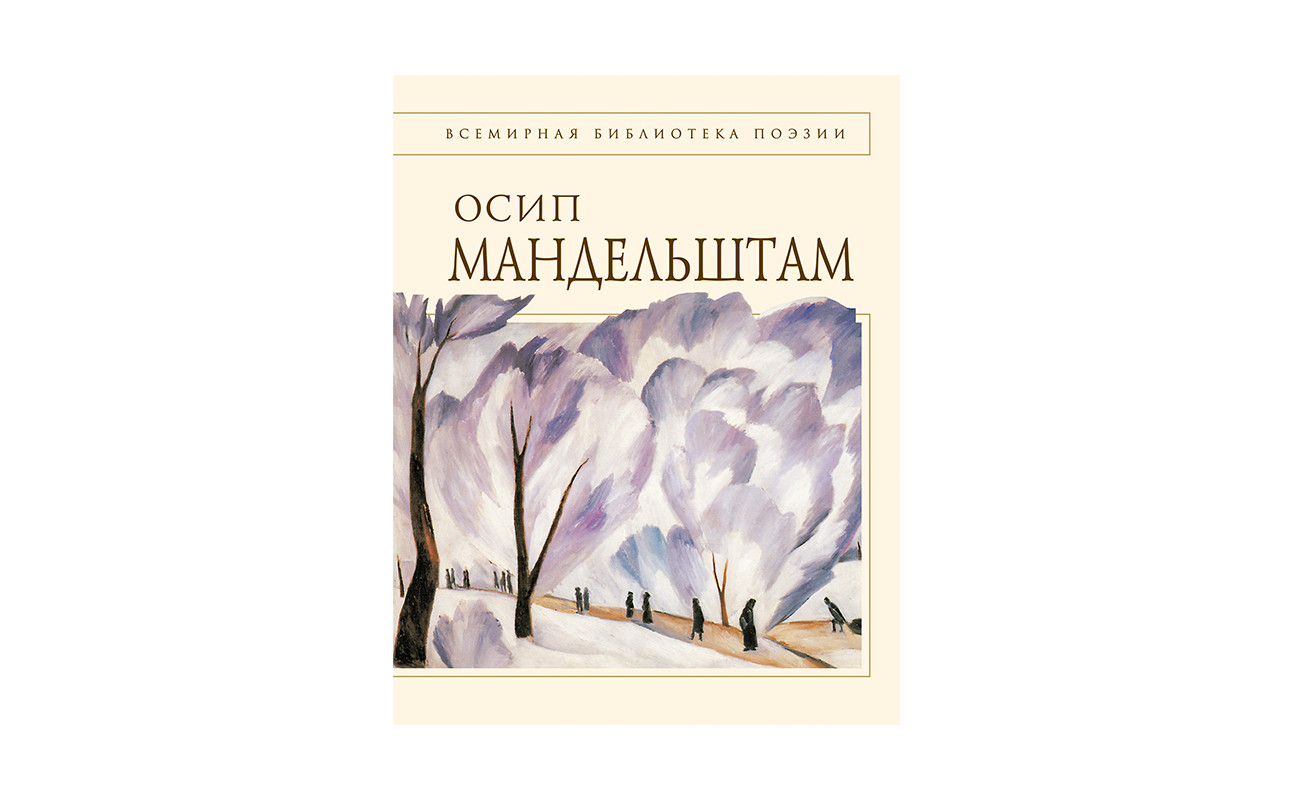
Among the poets of the Silver Age, people most often remember Blok, Akhmatova, Gumilyov, and also Mayakovsky as a Soviet writer. Also, of course, Marina Tsvetaeva, Pasternak and Yesenin.
Osip Emilievich Mandelstam is less well-known, but once you meet his hypnotic melodic lyrics you will be under his spell forever.
Mandelstam belonged to Gumilev’s Acmeist circle, but his work did not fit into the official framework of any movement or even an entire literary period. For me, Mandelstam is St. Louis, although he lived and worked in many other cities. He is the most famous poet of St. Petersburg. Perhaps the reason lies in a special intelligent poetic structure, a kind of refined sadness dissolved in poems not about love in the usual sense, but about sensory knowledge of the world.
In 1932, Osip Mandelstam was included in the list of prominent Soviet writers presented to Stalin personally. Life was too successful: all that remained was to calmly create and enjoy the benefits that MASSOLIT employees valued so much in Bulgakov’s novel. But apparently something inside me prevented me from accepting this prosperity. Mandelstam writes a sharp epigram about Stalin and reads it to fifteen of his oldest and most loyal friends. There are times when you can’t even trust them: A tip-off followed, and then Mandelstam’s life quickly slid towards a tragic end.
I am closest to his early poems in the “Stone” collection. Before going to bed, read “Insomnia” silently. Homer. The sails are tight…” or “Like horses walk slowly…” or “The bread is poisonous, the air is drunk…” or this, painfully piercing:
“We went crazy with the easy life:
Wine in the morning, hangover in the evening.
How to stop wasted entertainment?
Your rash, oh gentle plague?
Shaking hands is a painful ritual.
There are night kisses on the streets,
When river currents get heavy
And the lanterns burn like torches.
We are waiting for death like a magnificent wave.
But I’m afraid he’ll die first
with alarming red mouth
And the bangs fall into my eyes.”
Boris Red
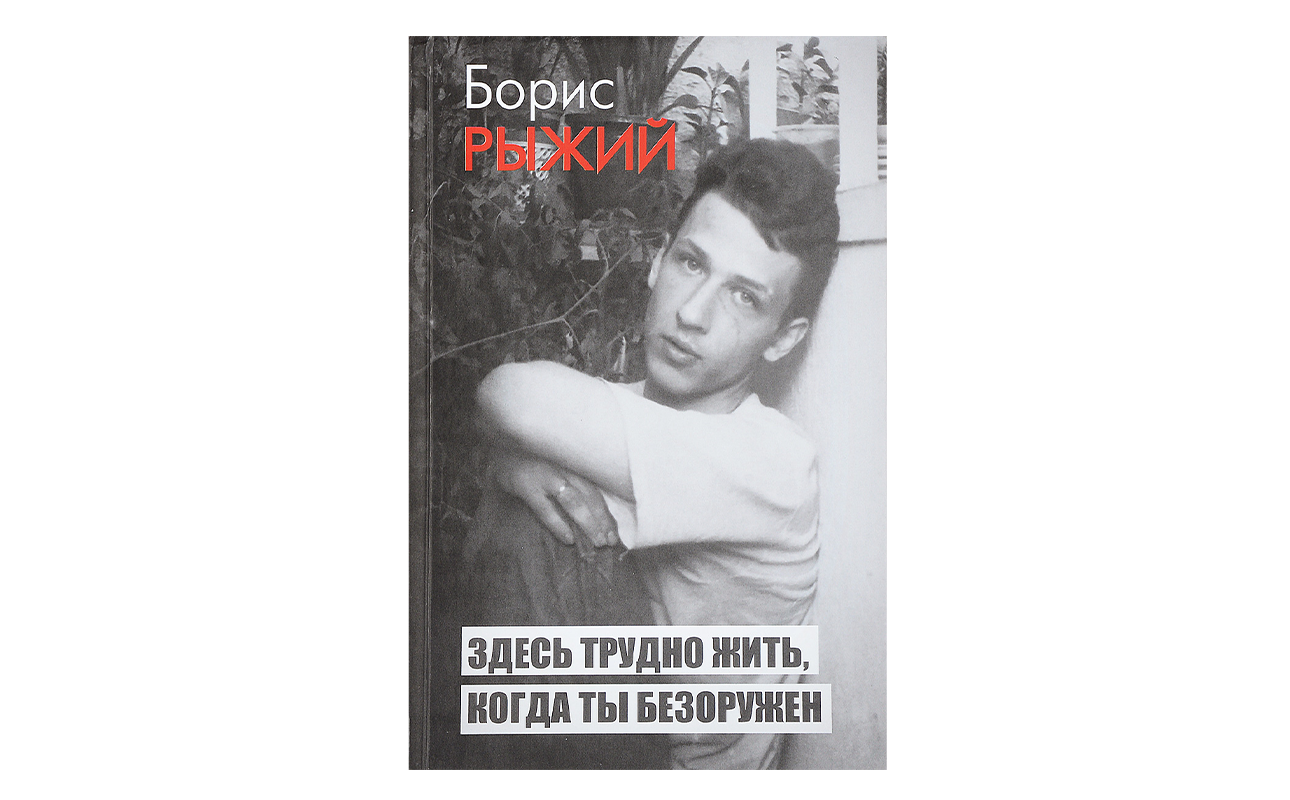
Imagine that you find yourself in Yekaterinburg, then called Sverdlovsk, in the late eighties. An area with the descriptive name Vtorchermet, late in the evening, hostile twilight, around five-story panel buildings, hockey rinks in the courtyards, a whistle is heard from somewhere. A young man emerges from the shadows to meet you: a rooster hat pulled over his eyes, a cigarette between his teeth, a long scar covering his entire face, and a nose with a boxer’s hump.
Exhale and do not purse your lips, everything is fine. It could have been different, but today you are lucky – this is the poet Boris Ryzhy, whom authoritative literary critics called “the last poet of the twentieth century” and “the most talented poet of his generation.”
Boris Ryzhiy was born in Chelyabinsk, and in his childhood he and his entire family moved to Sverdlovsk. That long scar on his face wasn’t created in a fight; He was cut with pieces of a broken glass jar when he was a child, and the scars remained for life. He studied in an ordinary Soviet school in the “zone” where there were stabbings and playing cards for money, he grew up like everyone else, took up boxing and even won the city championship in his age category.
He wrote more than a thousand poems and died before he was 27.
One might expect someone from such a young background to hear the “voice of the street” in his poems: what could a boy growing up in the courtyards of Vtorchermet write? But here is the voice of real poetry, honest, sincere, and therefore every poem, every line gives me goosebumps.
“It’s starting to snow and we’re heading towards the movement of the snow.
rises – antediluvian word – spirit.
Everything – about the life of poetry, about the fate of man
No need to think anymore, sit down and slowly light a cigarette.
I’ll light a cigarette and squat like an incorrigible fool,
I’m still alive, I don’t need your chatter.
And after death when I become a great poet,
For an epigraph, the lines of the article about me:
Snow is coming and will pass. And the sky will be filled with lights.
Let these lights descend to the Ural mountains.
I went off on a tangent, but it’s not against heaven.
Accept my songs and tears without snobbery.”
Note: “He who ends his life tragically is a true poet”, this maxim expressed by Vysotsky can be discussed or accepted. Many believe that the tragic end of life is a kind of sign of the quality and originality of poetic talent.
But without presuming anything, I will inform you: Francois Villon disappeared (possibly murdered) when he was just over 30 years old; Osip Mandelstam died in exile; Boris Ryzhiy died of depression at the age of 26.
Provençal knights and bards, as well as Provence’s unique artistic culture, were massacred and burned by crusaders during the Albigensian Crusade against heretics in the early 13th century, which cost the lives of more than a million people.
Source: People Talk
Errol Villanueva is an author and lifestyle journalist who writes for The Fashion Vibes. With a passion for exploring the latest trends in fashion, food, travel, and wellness, Errol’s articles are a must-read for anyone interested in living a stylish and fulfilling life.

